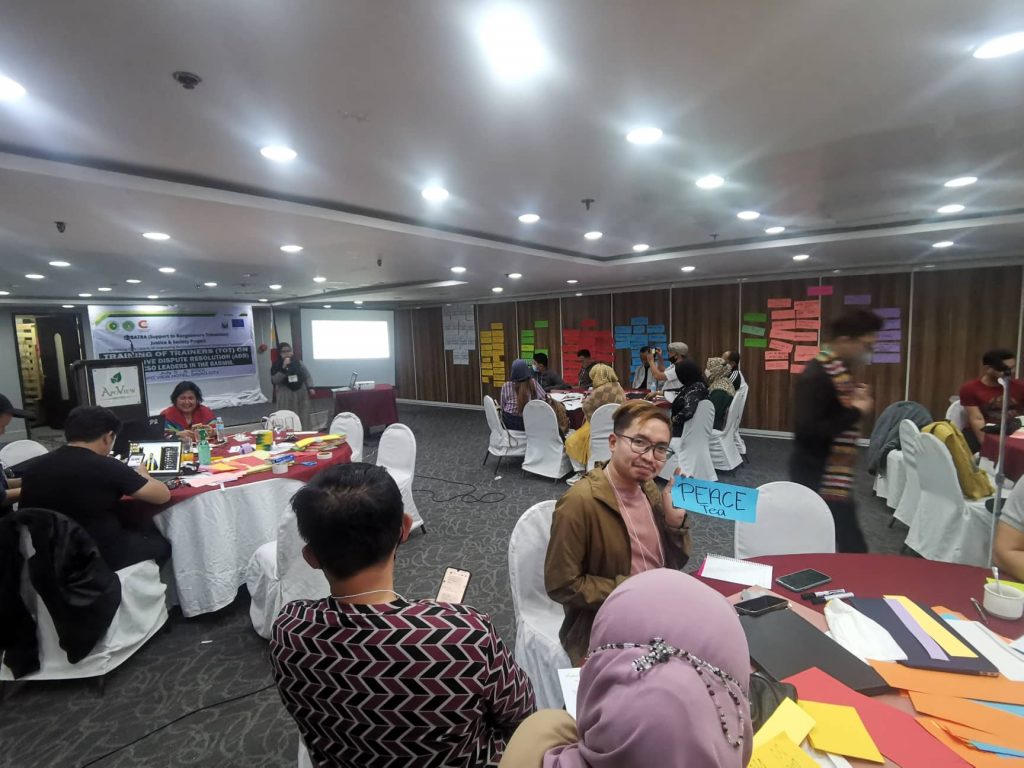Prof. Corazon M. Mangelen, Prof. Abubacar Ali, Prof. Raihan Yusoph, and Prof. Diamond Tawano
Institute for Peace and Development in Mindanao, MSU Main Campus, Marawi
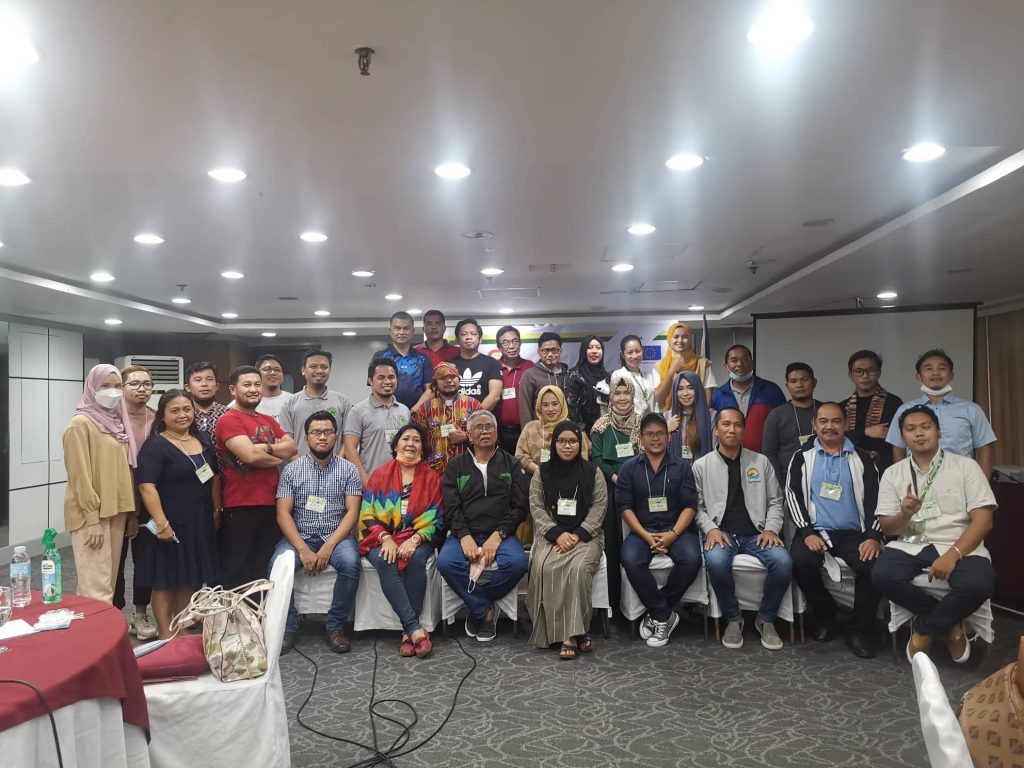
Civil Society Organizations (CSOs) have crucial role to play in nation building. No less than the 1987 Constitution of the Philippines promote the role of CSOs as mentioned in Article II, Section 23: “The State shall encourage non-governmental, community-based, or sector organizations that promote the welfare of the nation” and Article XIII, Section 16; “The right of the people and their organizations to effective and reasonable participation at all levels of social, political, and economic decision-making shall not be abridged. That State shall, by law, facilitate the establishment of adequate consultation mechanism.”
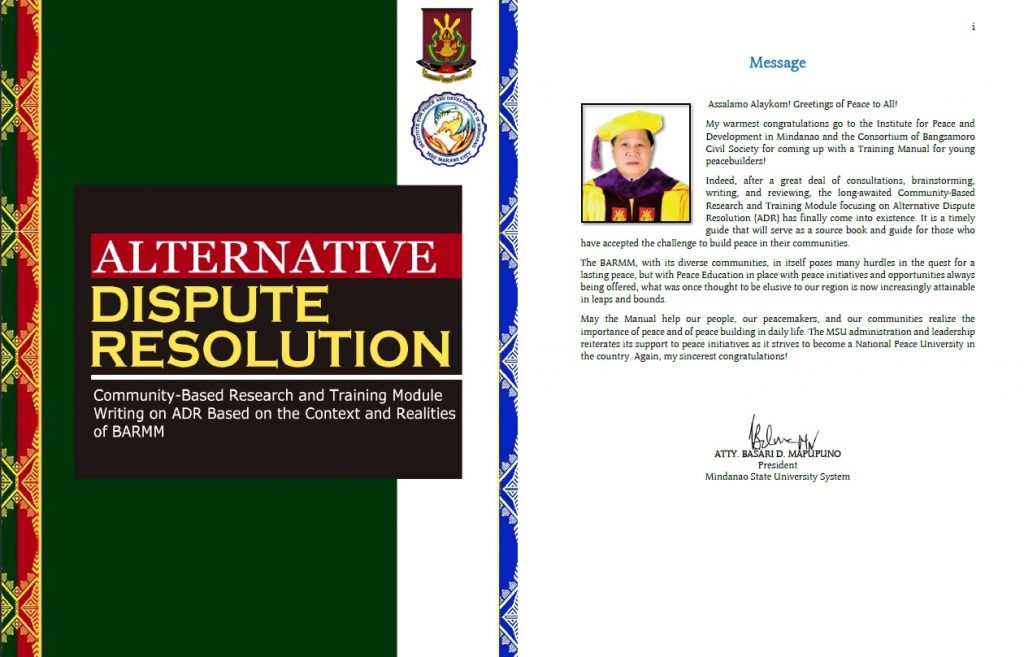
Undeniably, traditional mechanism is significant and plays an important role in mediating problems in many communities in the country and as well as in BARMM. It is the reason per se why the Philippine government recognized and legalized the use of it as an alternative dispute resolution. As a result, on April 2, 2004, the Philippine Congress enacted into law the Republic Act No. 9285, “AN ACT TO INSTITUTIONALIZED USE OF AN ALTERNATIVE DISPUTE RESOLUTION SYSTEM IN THE PHILIPPINES AND TO ESTABLISH THE OFFICE FOR ALTERNATIVE DISPUTE RESOLUTION, AND FOR OTHER PURPOSES”. This law strengthens the use of traditional mechanisms in solving dispute and highlights the freedom and autonomy to communities in choosing/using this alternative dispute resolution in addressing dispute among them.
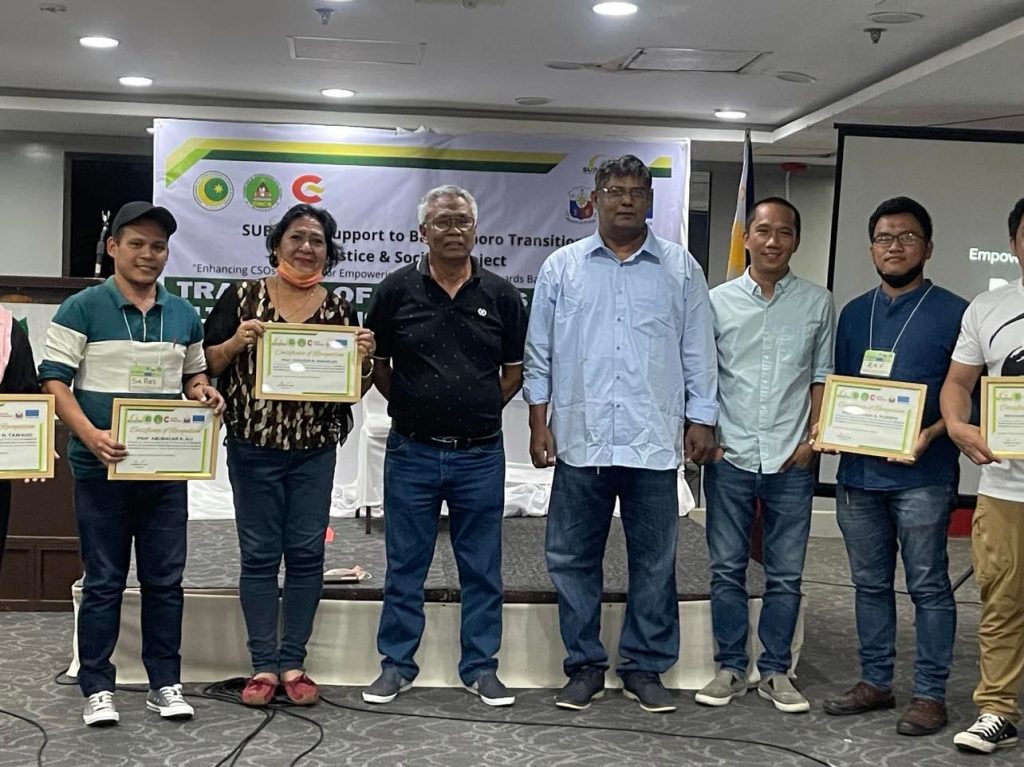
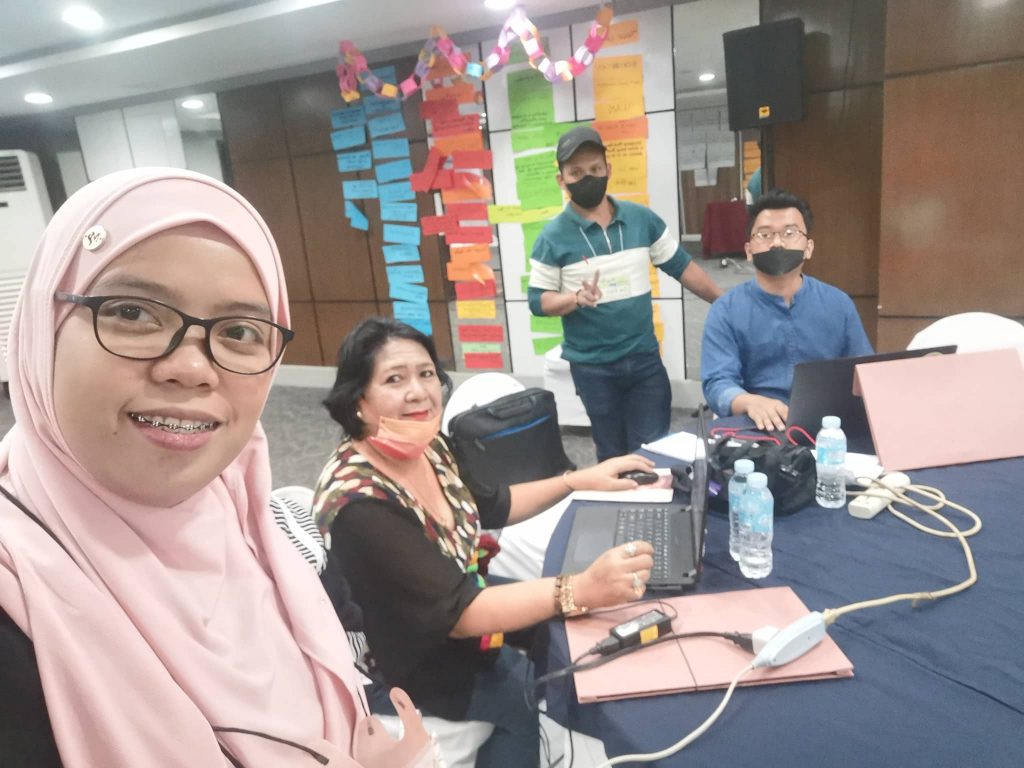
To strengthen moral governance in the Bangsamoro Autonomous Government and help in the building of the region a more peaceful and progressive one, various efforts are undertaking to support BARMM to achieve this very goal. Along with this, Mindanao State University Institute for Peace and Development in Mindanao (MSU-IPDM), in partnership with Consortium of Bangsamoro Civil Society (CBCS), through the SUBATRA PROJECT, conducted a project entitled “Community-Based Research and Training Module Writing on Alternative Dispute Resolution (ADR) Base on the Context, Culture, Beliefs, and Realities of BARMM. The study was conducted in the five provinces and cities under BARMM and its aim was to account and record relevant, applicable, useful and appropriate conflict resolution mechanisms. Further, the output which is the module is used in the conduct of training to capacitate and equip CSO’s, ADR providers, peacebuilders and other volunteers with knowledge, skills and tools about Alternative Dispute Resolution. The project was spearheaded by the Executive Director of MSU-IPDM, Dr. Acram Latiph, with the enthusiastic support from the MSU System President Atty. Basari D. Mapupuno.
